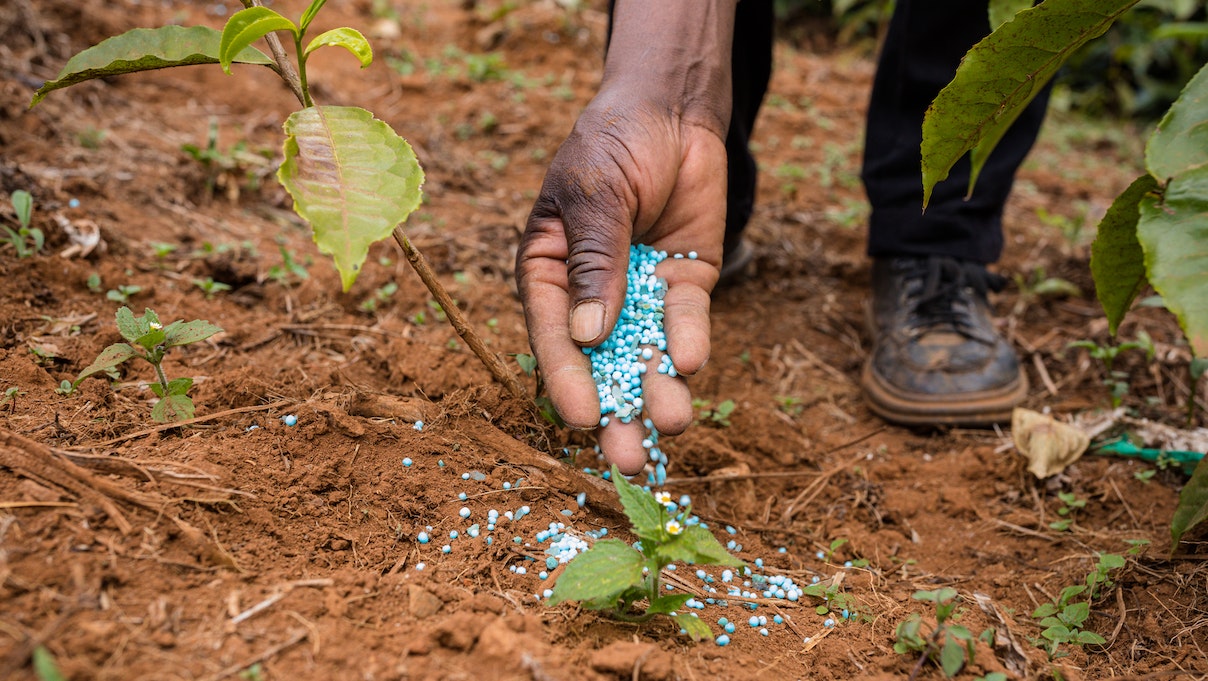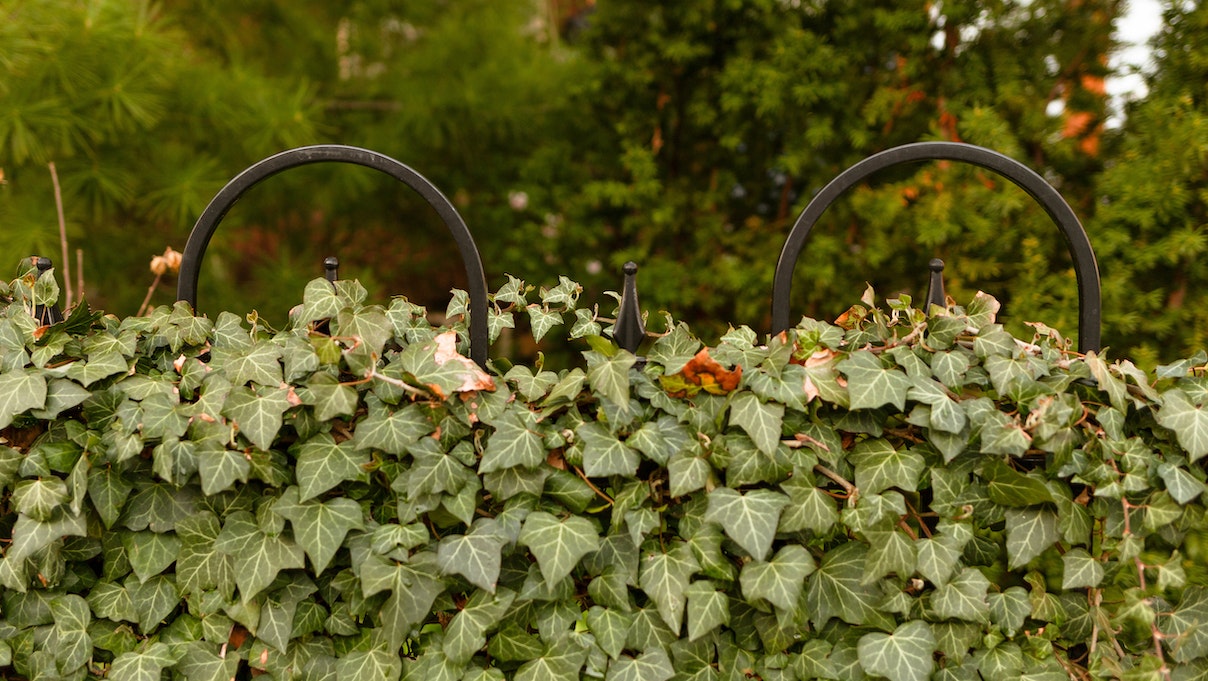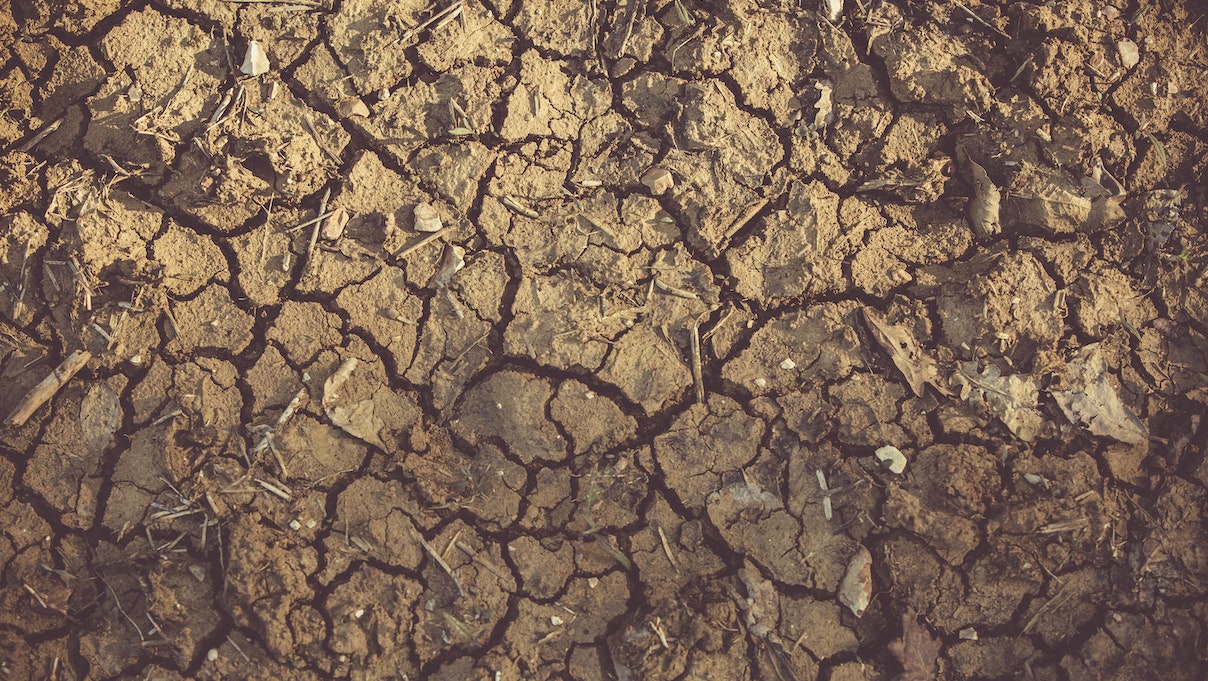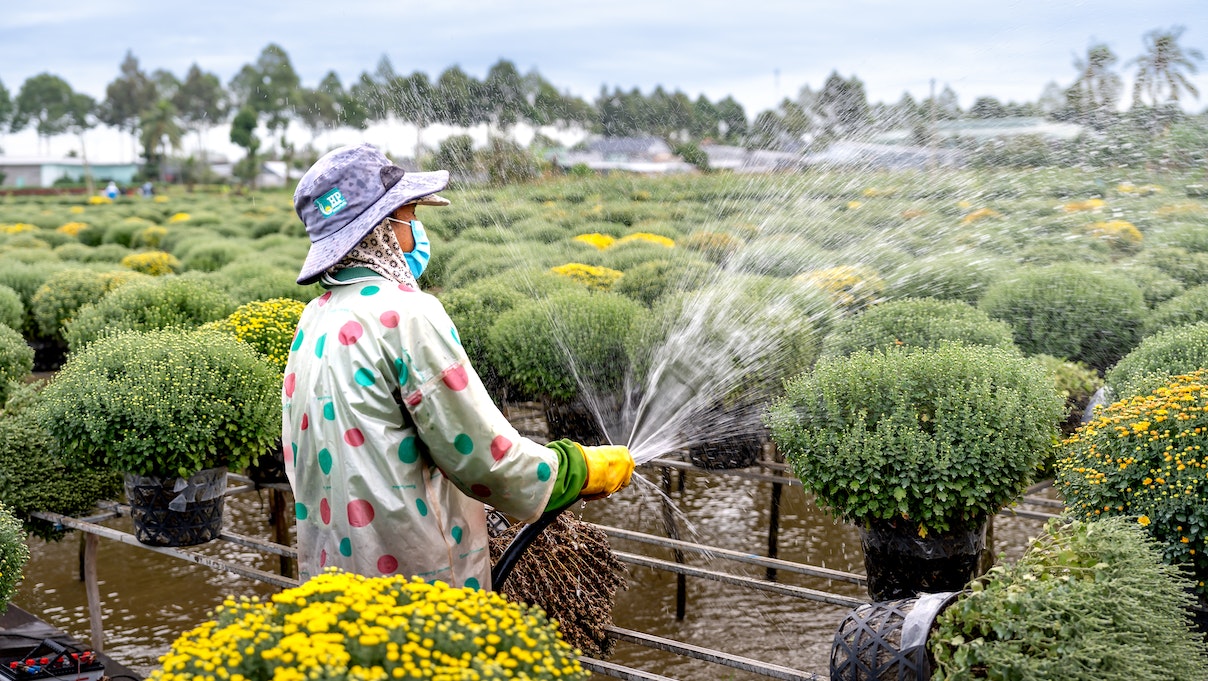Fertilizing plants can be a difficult operation because there are so many variables to consider, such as soil condition, plant kind, and fertilizer type. Skipping this step, on the other hand, can result in stunted development and limited blooms. All plants require specific nutrients to thrive, and fertilizing on a regular basis is critical to their health. Here’s a tutorial to help you learn how to fertilize your plants and keep your garden prospering.
Why Plants Need Fertilizer
Plants need important nutrients like nitrogen, phosphorous, and potassium to grow and thrive. Plants can become weak and discolored if they do not receive enough of these nutrients. Nutrient deficits can be corrected by adding fertilizer, however, the optimal technique depends on whether the plants are in a garden or in a container.
Fertilizing Garden Plants
Due to factors such as the geography and prior plants grown, plants may not always obtain all of the nutrients they require from garden soil. Soil testing is required to establish which nutrients are deficient and which fertilizers should be used. Compost and organic matter can enrich soil, but these nutrients are released slowly, thus fertilizers with balanced amounts of nitrogen, phosphorous, and potassium may be required.
How Often to Fertilize Plants
The frequency with which plants should be fertilized is determined by the type of plant and the time of year. Annuals, fruits, vegetables, roses, and hydrangeas, for example, require feeding once a month during their growing season. Other plants, such as some perennials, trees, and shrubs, don’t require much fertilizer if their soil contains enough compost or organic material.Â

Houseplants, too, have a seasonal schedule, with some requiring a small amount of liquid fertilizer poured into their water once a month during active growth, while cacti and succulents only require one or two doses of liquid fertilizer per year.
FAQs
Is fertilizer the same as plant food?
Yes, fertilizer and plant food refer to products that provide nutrients to plants for growth. Fertilizers can be natural or synthetic.
Where can I buy fertilizer?
Fertilizer can be bought at home and garden stores or plant nurseries. If you need to purchase it in large quantities, it can be ordered online and delivered.
Can fertilizer expire?
Fertilizers usually have a long shelf life when stored in a cool, dry place. Check the label for an expiration date or contact the manufacturer to determine the age of your fertilizer.
Conclusion
Finally, fertilizing your plants correctly is critical for their healthy growth and development. The trick is to understand your plants’ nutrient requirements, test your soil, and select the appropriate fertilizer.Â
By following the recommendations and instructions provided, you can ensure that all of your plants receive the nutrients they require to grow. You may enjoy a lovely and colorful garden or indoor plant collection with a little work and attention.




